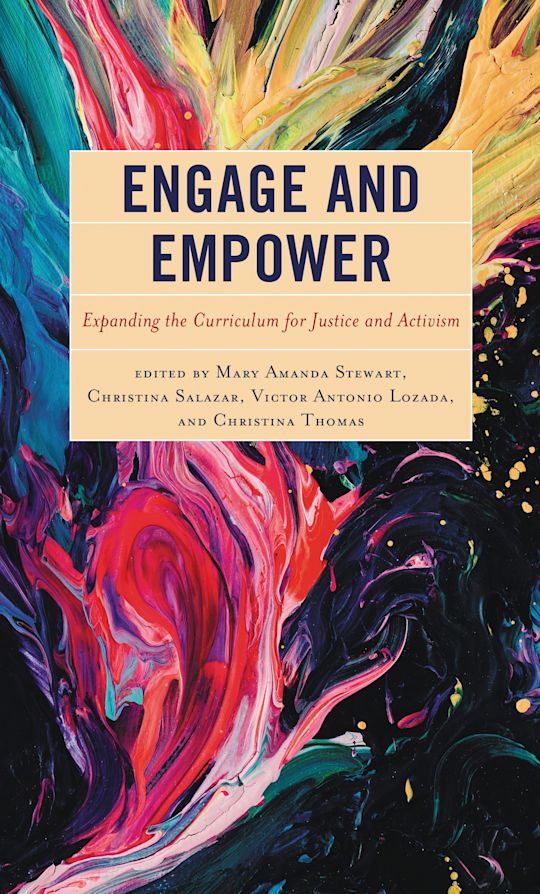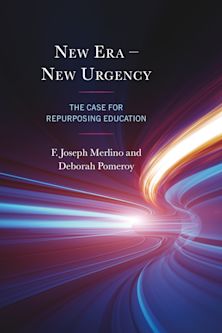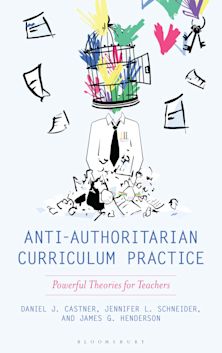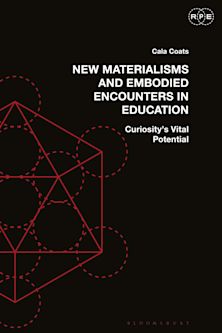Engage and Empower
Expanding the Curriculum for Justice and Activism
Engage and Empower
Expanding the Curriculum for Justice and Activism
Description
This edited book provides ready-to-use engaging curriculum units for an integrated approach to teaching English language arts and U.S. history in grades 4-12. The purpose is to promote social justice and activism while building critical literacies students need in the 21st Century. Through implementing the curriculum units in this book, teachers and students can challenge inequities and promote activism.
A central goal of this project is to represent and empower marginalized students. The traditional curriculum presents one view, one story as the only story, and one people as the norm. This book intentionally centers the experiences of Black, Indigenous, People of Color (BIPOC) and other marginalized communities. In addition to expanding the curriculum to include all people, educating students about issues of injustice in the U.S. will enable them to enact change.
Additionally, this book serves to educate all students by exposure to central issues in past and present society. By creating space for a multicultural perspective, this curriculum may reduce the friction that occurs when encountering those whose lived experiences and perspectives do not align with one’s own. By educating students about the privileges they have not examined, teachers can foster empathy and empower allies.
Table of Contents
Introduction: Mary Amanda Stewart
Part 1: Effects and Transactions of Expansion, Colonialism, and Migration
Chapter 1: Colonialism and Native American Resiliency: Patricia Flint and Mariannella Núñez
Chapter 2: Modern-day Colonialism: D.C., Puerto Rico, and Other U.S. Territories: Marlene
Walker
Chapter 3: Immigration: The Fabric of Our Nation: Yismelle Dúran
Part 2: The Influences of Latin America on U.S. Culture and Society
Chapter 4: Latinx Influencers: Past and Present Contributions to America’s Greatness: Margarita Ramos-Rivera
Chapter 5: Latinas as Change-agents: Feminist Activism in the U.S: Joan Borda
Part 3: America’s Original Sin: Understanding and Responding to Racism
Chapter 6: Antiracism: Understanding our History to Co-create a Better Future: Christina Thomas and Victor Lozada
Chapter 7: Redlining: A Mechanism of Systemic Racism: Christina Salazar
Chapter 8: Cultural (Mis)representations in the Media: Challenging Hegemonic Ideas: Phyliciá Anderson
Part 4: Exploring the Diverse Lived Experiences of Modern-day Adolescents
Chapter 9: The Death of Childhood: Mass Shootings in the United States: Christina Thomas
Chapter 10: Rap Music: Leveraging Hip Hop Culture to Empower: Victor Lozada
Chapter 11: Consent Isn’t Complicated: The Implications of the #MeToo Movement: Christina Thomas
Chapter 12: See Us: LGBTQ+ Issues for Representation, Empathy, and Justice: Christina Salazar
Afterword: Isabel Morales
Product details
| Published | 15 Dec 2021 |
|---|---|
| Format | Ebook (PDF) |
| Edition | 1st |
| Extent | 220 |
| ISBN | 9798216254393 |
| Imprint | Rowman & Littlefield |
| Publisher | Bloomsbury Publishing |


































